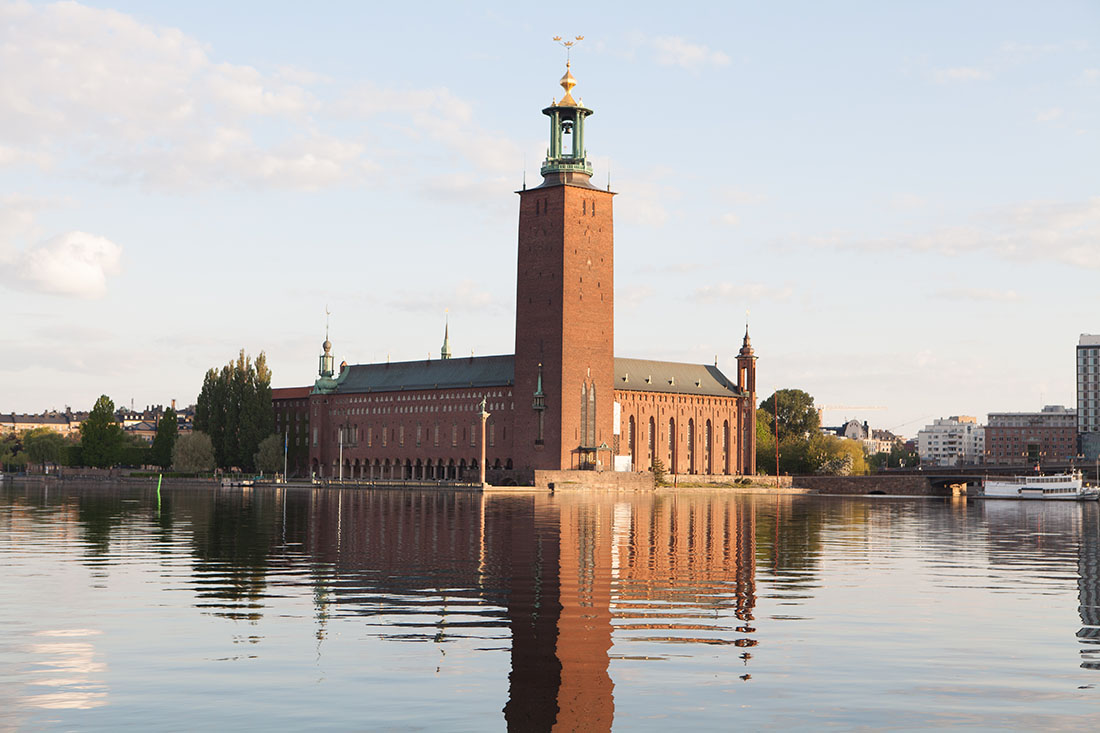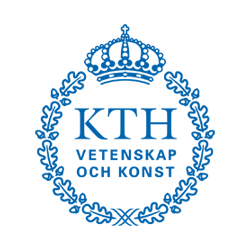KTH Royal Institute of Technology

Royal Institute of Technology (KTH) founded in 1827 in Stockholm has become one of Europe’s leading technical and engineering universities and the largest technical research and learning institute in Sweden. KTH is working with industries and society towards sustainable solutions to some of the challenges like climate change, future energy supply, urbanization and quality of life. It has five campuses with greater than 13,000 full-time students, 3,600 full-time employees and over 1,700 PhD students with high-impact research and education spans from natural sciences all branches of engineering, architecture, industrial management and urban planning.
The Department of Industrial Biotechnology (DIB) at KTH has a long tradition in teaching, research and development in water and wastewater treatment processes. The Environmental Biotechnology group at DIB has a broad experience in developing simple and sustainable technologies for drinking water treatment as well as biological treatments of municipal wastewater and pre- and post-treatment by physical and chemical processes.
The research group assessed the point source of pollutants and modelled pharmaceutical residues throughout the Baltic Sea catchment area and investigated possible technologies for potential reductions in the inflow of hazardous substances to the Baltic Sea. The efficacy of the technologies for the removal of pharmaceutical substances at Swedish wastewater treatment facilities are published in a handbook for policymakers and users (Waterchain: best practices).
Currently, there are ongoing investigations to develop alternative technologies for removal of pharmaceutical residues from conventional wastewater or from more highly concentrated upstream sources such as hospitals or manufacturing sites. These include: Melanin producing E. coli cells, degradation and removal by filamentous fungi, functionalized recyclable magnetic nanoparticles and development of treatment technologies suitable for sustainable operation in developing countries, such as Rwanda and Bolivia in collaboration with the Swedish development agency SIDA.
Additionally, our research group is involved in Cost Actions network (AMICI) and we incorporate knowledge from the EU Interreg Central Baltic programme project, such as Waterchain and IHMEC.
More recently, KTH environmental Biotechnology is involved in the CleanStormWater project to identify suitable technological solutions for stormwater treatment systems to prevent the inflow of hazardous substances and pollutants into the Baltic Sea.




